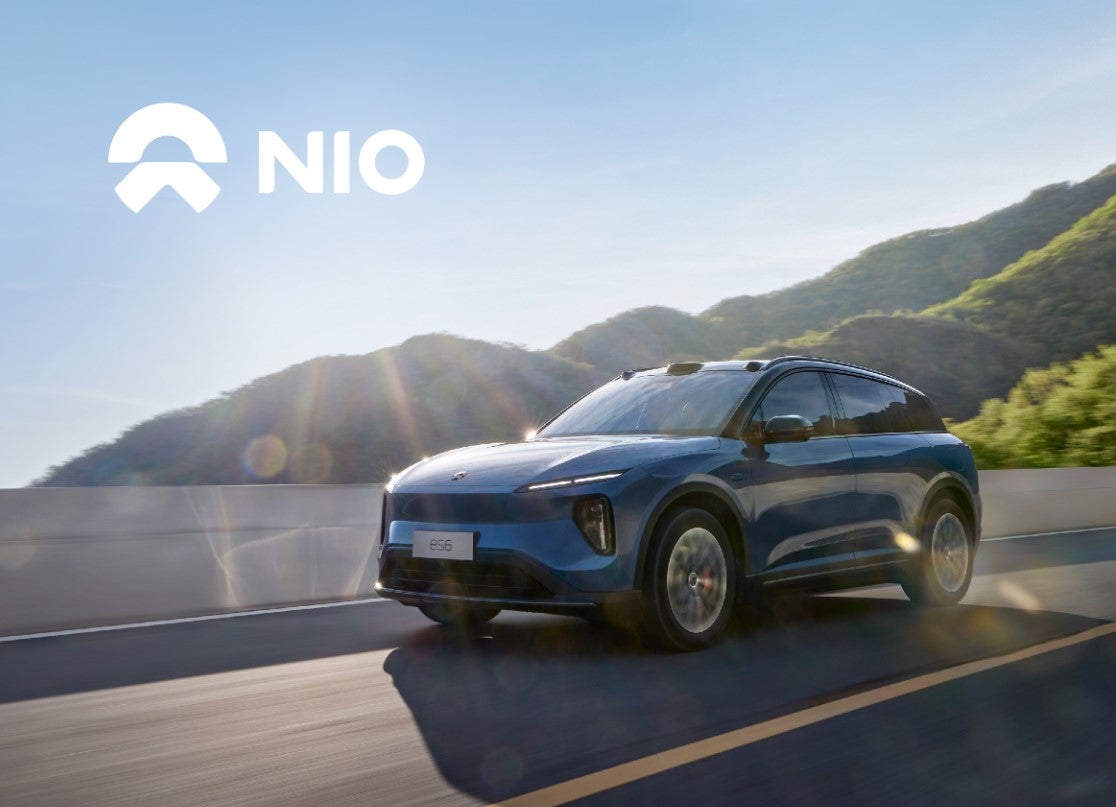
Nio has received another cash injection from the Middle East after Abu Dhabi-backed fund CYVN Holdings said it would invest US$2.2bn.
According to Bloomberg, when the deal is done, CYVN will own 20.1% of Nio, having subscribed for 294m newly issued shares, and be entitled to nominate two directors to the EV maker’s board.

Discover B2B Marketing That Performs
Combine business intelligence and editorial excellence to reach engaged professionals across 36 leading media platforms.
The report noted CYVN previously invested $738.5m in Nio in July and later acquired shares from an affiliate of Tencent Holdings for $350m.
“Our increased investment in Nio represents a continuation of our ongoing strategy to build a leading global portfolio in the mobility space,” Bloomberg quoted Jassem Al Zaabi, chairman of CYVN, as saying. “This transaction demonstrates our confidence in Nio’s unique positioning and competitiveness in the global smart EV industry.”
Bloomberg said Nio has been falling badly short of its sales targets and continues to post losses.
Sales for the first 11 months of this year of 142,026 cars were far off its original goal of shipping 250,000 EVs in 2023.
The company has axed 10% of its staff and spent around $450m to purchase production assets from its partner so that it can save on manufacturing costs, Bloomberg noted.






